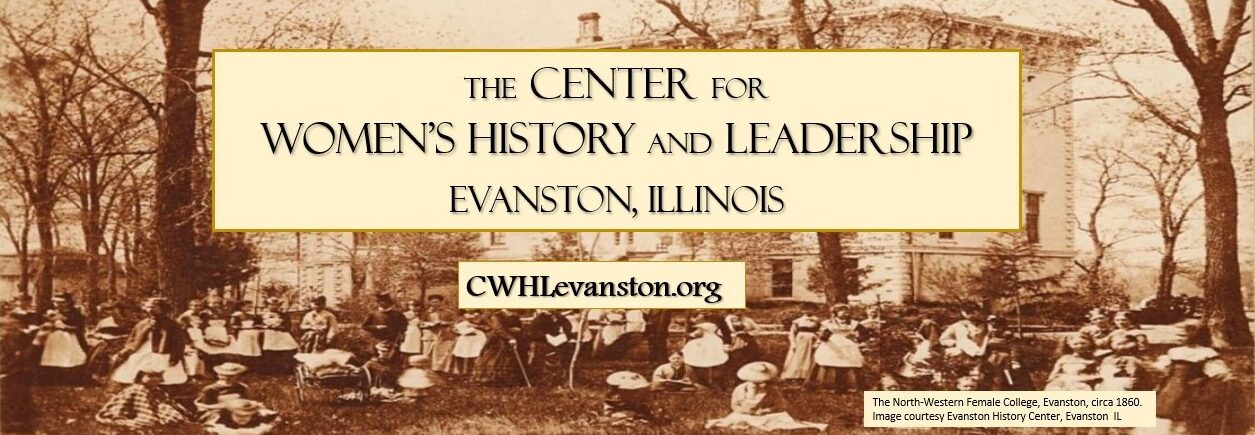By Hannah Overstreet, 2019 Summer Intern
This month marks a century since the enactment of the Eighteenth Amendment, better known as Prohibition. For more than thirteen years, the United States banned alcohol, making it illegal to make, transport, or sell “intoxicating liquors” of all kinds. If you live in Chicago and pay any attention to history, Prohibition is nearly impossible to avoid. Living as I do near some of Chicago’s most famous Al Capone-related sites, the emphasis is nearly always on opposition to the Eighteenth Amendment, focusing on sensational stories about bootleggers, speakeasies, and Chicago’s history of organized crime. It turns out, though, that there is a lot more to the story – especially if you venture north to Evanston.
Frances Willard referred to the temperance movement as “a war of mothers and daughters, sisters and wives” in 1874, nearly fifty years before Prohibition passed. Given that my preexisting knowledge of the Eighteenth Amendment involved mostly male lobbyists and legislators who shaped the law, I was fascinated by the idea that women’s history might be crucial to understanding the history of Prohibition. In fact, women’s involvement in the temperance movement dates back to the early 1870s, when women in Ohio launched a crusade to close saloons in their hometowns. Their goal was to limit the negative effects alcohol had on their families, not to gain political power, but the temperance movement nevertheless played an important role in the fight for women’s suffrage.
As I started research for the Frances Willard House Museum’s exhibit on the centennial anniversary of the Eighteenth Amendment, “Women and Prohibition: ‘A War of Mothers and Daughters, Sisters and Wives,’” I realized that Prohibition was about much more than just banning alcohol. It was also about women exercising political power on issues that mattered to them. Concerns about domestic abuse, immigration, poverty, and public health and safety were all closely tied to the problem of alcohol. In fighting for Prohibition, Frances Willard and other members of the WCTU felt they were fighting for nothing less than the safety of women and the future of the country.
Temperance mobilized women to take political action like no other issue, even decades before the Nineteenth Amendment granted (white) women the right to vote. Unable to cast a ballot, women participated in the political process in other ways, by speaking, writing, petitioning, and organizing public protests. The impact of these actions demonstrates just how important political action outside of voting can be.
While working on the exhibit, I found dozens of interesting documents and objects in the Frances Willard House archives and collections, from pro-temperance pamphlets and guides to political activism to WCTU white ribbon pins and the pen with which Anna Gordon signed the Eighteenth Amendment. These artifacts showed the wide range of ways women participated politically, even without the vote, and the depth of their organization and skill. Even more interesting to me, however, was realizing that the Frances Willard House itself was a critical piece of this history. It served as the base of operations for the WCTU during the height of the temperance movement, and it would have been a workspace full of activity. Seeing the house in this way made the history of the temperance movement come alive. Not only did women shape the Constitution, but they did so in the very rooms where I was working.
Since the Twenty-First Amendment overturned Prohibition in 1933, it might seem like the Eighteenth Amendment’s effects were short-lived. Seen as part of the history of women’s suffrage, however, Prohibitions impact becomes clearer. What’s more, the legacies of Prohibition continue in present-day laws regulating the drinking age and sale of alcohol.
Prohibition is a story as much about women and politics as it is about alcohol. A century later, it remains an important part of the nation’s history. I’m glad I had the chance to help tell this story at the Frances Willard House Museum last summer.
